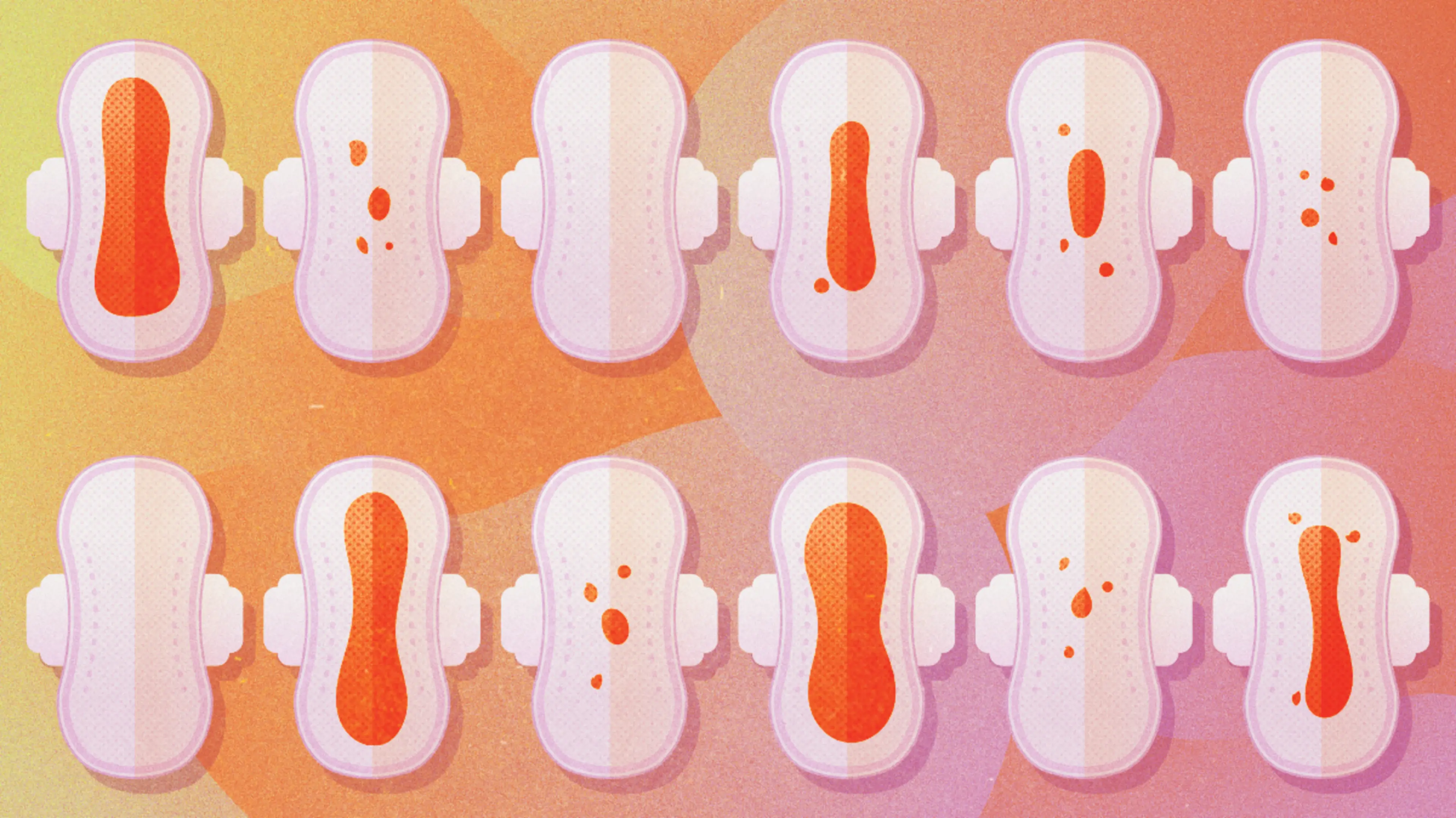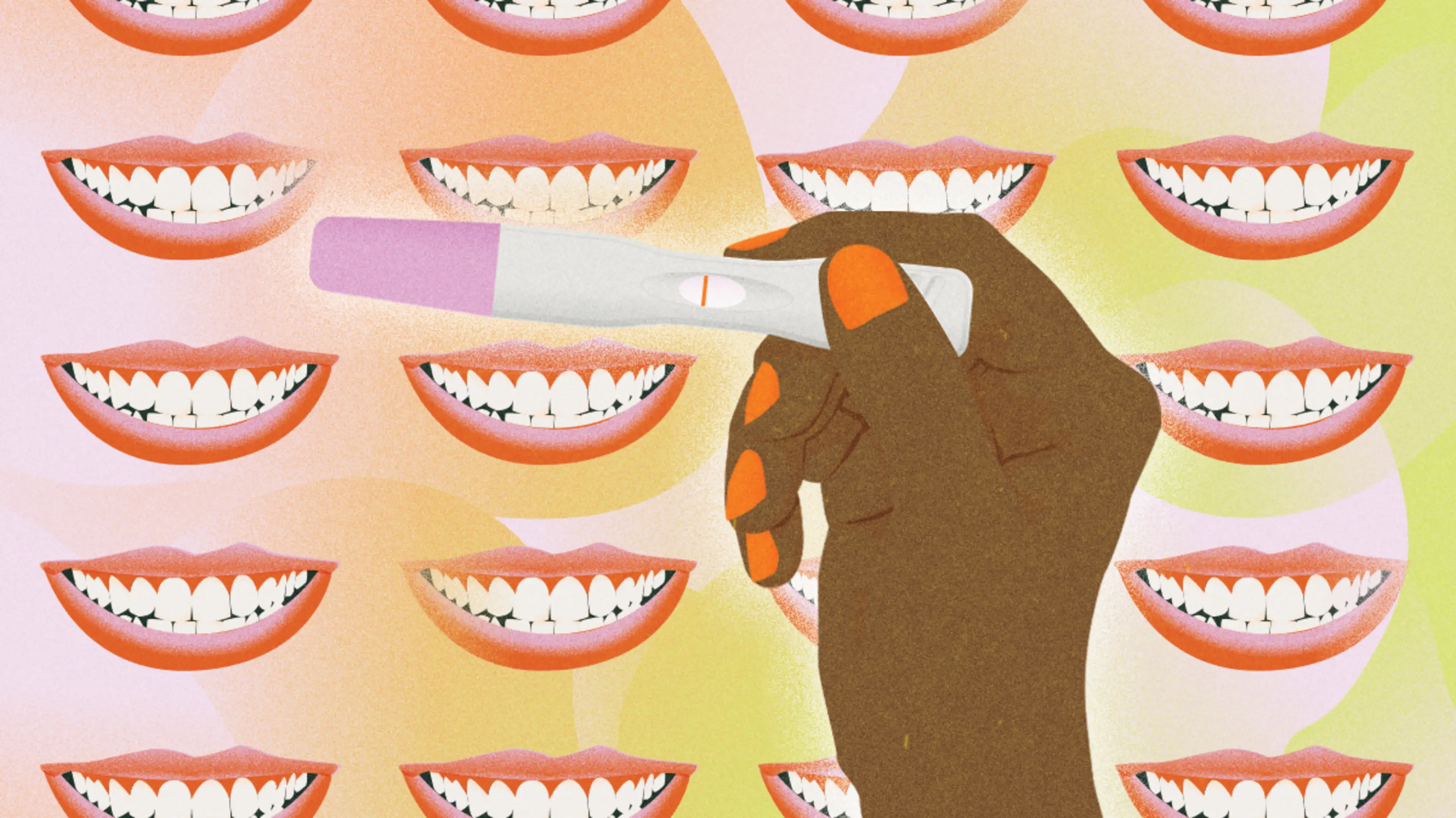TLDR: Stress, anxiety, and other emotions are known to have negative impacts throughout the conception, pregnancy, and motherhood journeys. Studies indicate that a mindfulness practice like meditation is a proven stress-reducer, and therefore encouraged for all moms and moms-to-be.
When you’re on a journey to parenthood, it can be helpful to have a toolkit to help you cope with the emotional ups and downs. Meditation is one thing that can help. Meditation during motherhood and the path to it is proven to work on multiple levels during these major transitions in your life. We know it works by the relaxation you feel in your body when you listen to our tracks, and also because there's scientific proof to back it up.
“Scientific studies have shown that holistic care that includes both mind and body can improve the likelihood of pregnancy for those undergoing fertility treatments,” says Dr. Shaun Williams1 , an endocrinologist and partner at Illume Fertility. “Emotional and psychological stress is often heightened when trying to conceive (particularly if you’re having trouble getting pregnant).”
Dr. Williams recognizes the slippery slope of stress hurting your conception journey, and how meditation can help.
“The reproductive system can be adversely affected by this stress,” he says. “Practicing meditation and mindfulness allows hopeful parents to focus on certain events or situations in a way that minimizes the emotional stress often attached to those experiences.
“This in turn helps couples break out of vicious cycles of negative thinking associated with infertility, leading to enhanced conception rates.”
Fertility and Meditation
Trying to conceive is often a source of stress. From timing sex juuuust right to that seemingly interminable two-week wait, it’s a lot, both mentally and emotionally. And if you’ve experienced loss or difficulty in your conception process, you’re probably feeling even higher levels of stress, worry, and fear.
Some research indicates that higher levels of stress can affect your hormones2 , and thus, your fertility. That fact can be a hard pill to swallow for many hopeful parents, especially because stress levels can be hard to control in the world we live in. Think about it this way—if trying to conceive causes you stress, stress could then equal a more difficult time conceiving, which could then equal even more stress…and the cycle continues.
Enter meditation and mindfulness. Study after study supports the use of meditation as a stress-reducer3 . Reduced stress is incredibly beneficial for fertility. Not only do your body and mind feel better, they can potentially also work better to help you get and stay pregnant.
For example, one 2021 randomized controlled trial4 found that a meditation and mindfulness program reduced stress in women who have had multiple miscarriages. Mindfulness interventions are also effective5 for improving both the mental health and relationships of women diagnosed with infertility, as well as specifically for those undergoing in vitro fertilization treatments5 .
Sleep and Anti-Anxiety Benefits
If you’re pregnant, it’s easy to feel overwhelmed during those nine months, with all of the things to learn, plans to make, and baby gear to gather. Most modern moms have a to-do list a mile long—not to mention dealing with the intense inner transformation and physical experience of growing a new human.
A systematic review and analysis of many scientific studies in 2017 found that mindfulness-based interventions in pregnancy have many broad benefits6 , including lower levels of stress, anxiety, and depression. Meditation is also helpful for regulating sleep7 , which can be hard to get during pregnancy and the early postpartum period.
Meditation also can help with mentally preparing for birth and the actual experience of labor. Women who participated in a mindfulness-based childbirth education program tailored to decrease fear and pain showed higher levels of self-efficacy8 (aka believing in yourself) and mindful body awareness.
Practicing mindfulness in pregnancy has benefits for babies, as well. Keeping stress levels low creates a more optimal environment for babies9 while they’re in the womb. A 2011 randomized controlled trial found that mothers who participated in a mindfulness and meditation program were less likely to have a preterm infant10 than those who did not practice mindfulness and meditation.
Some research also shows that people who practiced mindfulness during pregnancy had reduced anxiety overall11 . Even better? That reduction in anxiety also affected their infants in a positive way, up to 10 months after birth.
How Does Meditation Affect Motherhood?
Reduced stress is one of the biggest effects of mindfulness and meditation. We don’t mean to sound like a broken record, but we can’t emphasize it enough—taking some time to sit with yourself and meditate can really help you deal with the stress of adjusting to your new identity and new role as a parent.
Your baby’s early infancy is often an intense experience for your body, mind, and emotions. According to one 2019 trial, practicing mindfulness regularly can ease your transition to motherhood12 and possibly even lower your risk of postpartum depression, especially if you started the practice during pregnancy. Meditation and mindfulness are proven ways to improve your mental health as a new mother.
But the benefits of meditation go well beyond the fourth trimester—a 2018 study found that mindfulness was also incredibly effective at reducing general and parenting-related stress13 for parents of preschoolers.
For parents, mindfulness can be a powerful tool to deal with all of the ups and downs of raising small humans, from sleep regressions and starting solids right on through toddlerhood and the school years. No matter what stage of parenting you’re in, a meditation practice can be a touchstone to return to again and again.











